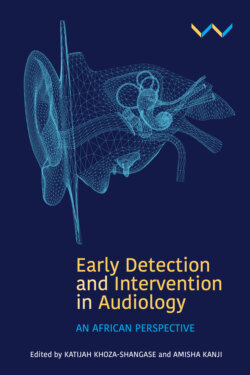Читать книгу Early Detection and Intervention in Audiology - Группа авторов - Страница 23
На сайте Литреса книга снята с продажи.
Conclusion
ОглавлениеCountries in sub-Saharan Africa face many health-related challenges, including access to health care as well as a high prevalence of communicable and non-communicable diseases, which are prioritised over hearing health care. This is despite some of these diseases, such as HIV/AIDS and TB, having possible audiological manifestations. In some countries, the overburdened health care system is further exacerbated by a shortage of ear and hearing health care professionals in relation to the population that needs to be served. These challenges influence the implementation of early hearing detection services and adherence to the early hearing detection principles, which are aimed at facilitating maximum potential in children presenting with hearing impairment. Hence, interim approaches to early detection of hearing impairment need to be explored in each context as health service delivery models may differ in each country. This exploration may include primary and middle-level workers in NHS as well as the use of PHC settings to ensure universal coverage. Effective data management systems and referral pathways for diagnostic assessment need to be established in order to reduce loss of follow-up, which may result in missed cases of hearing impairment.
